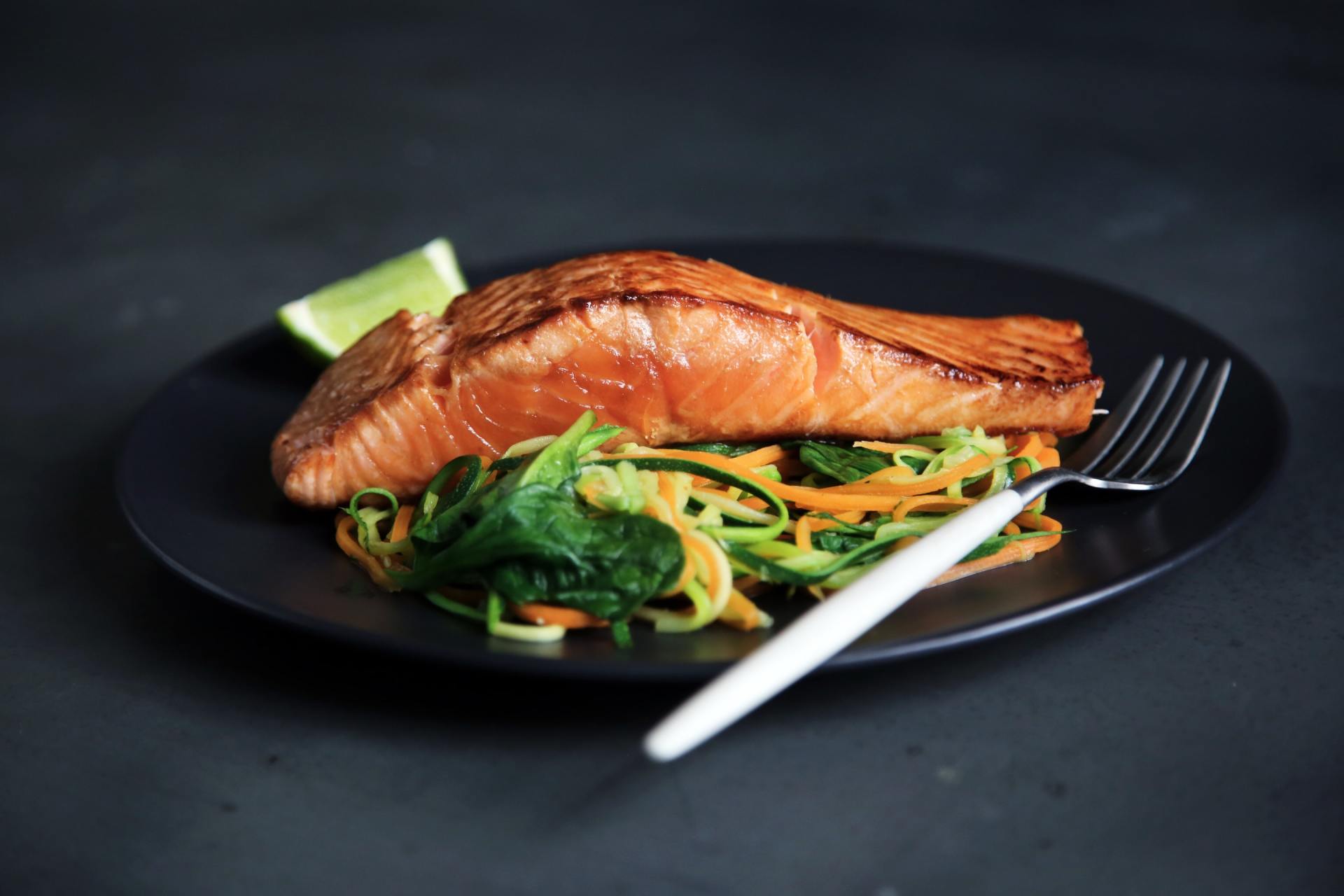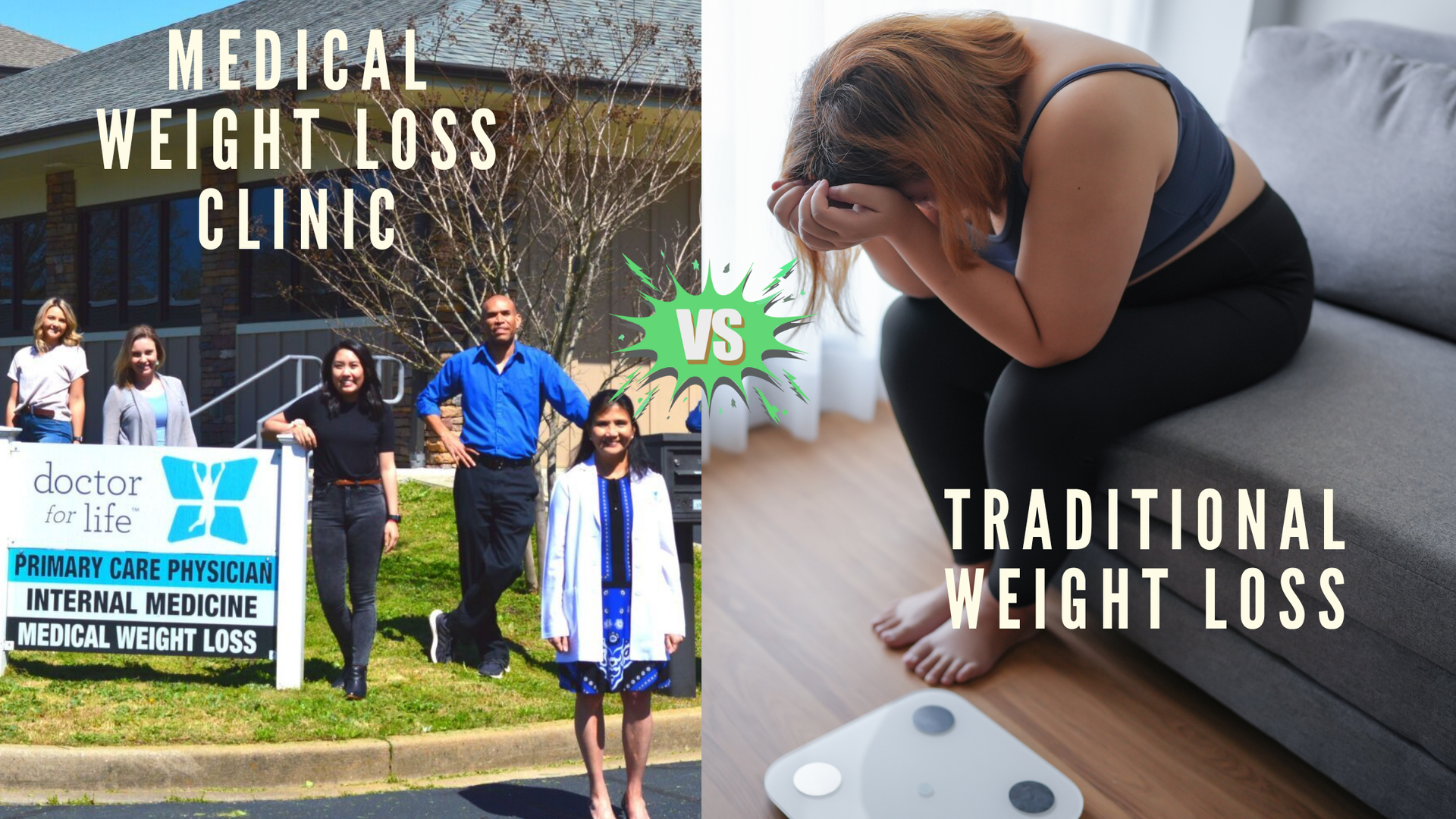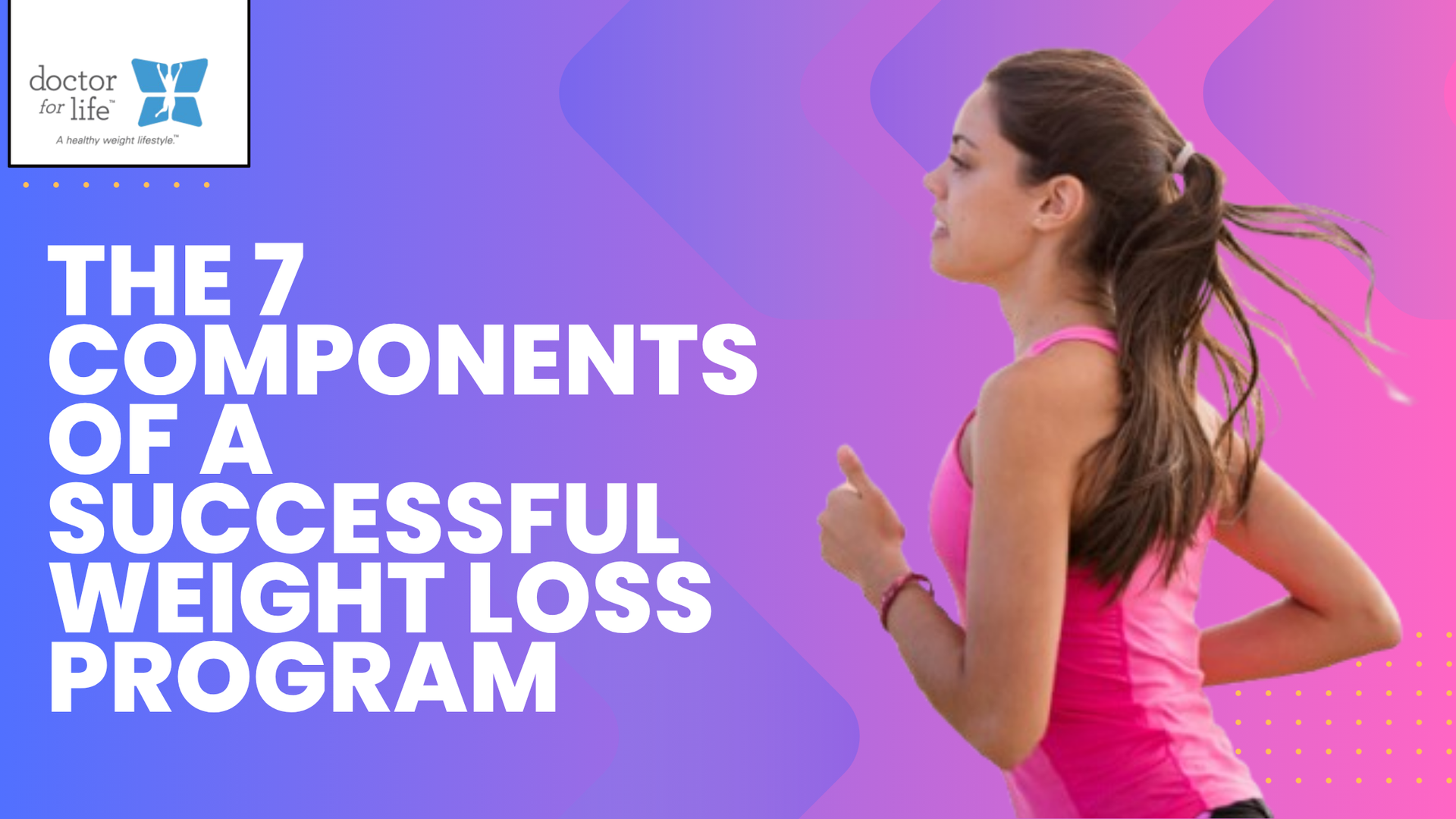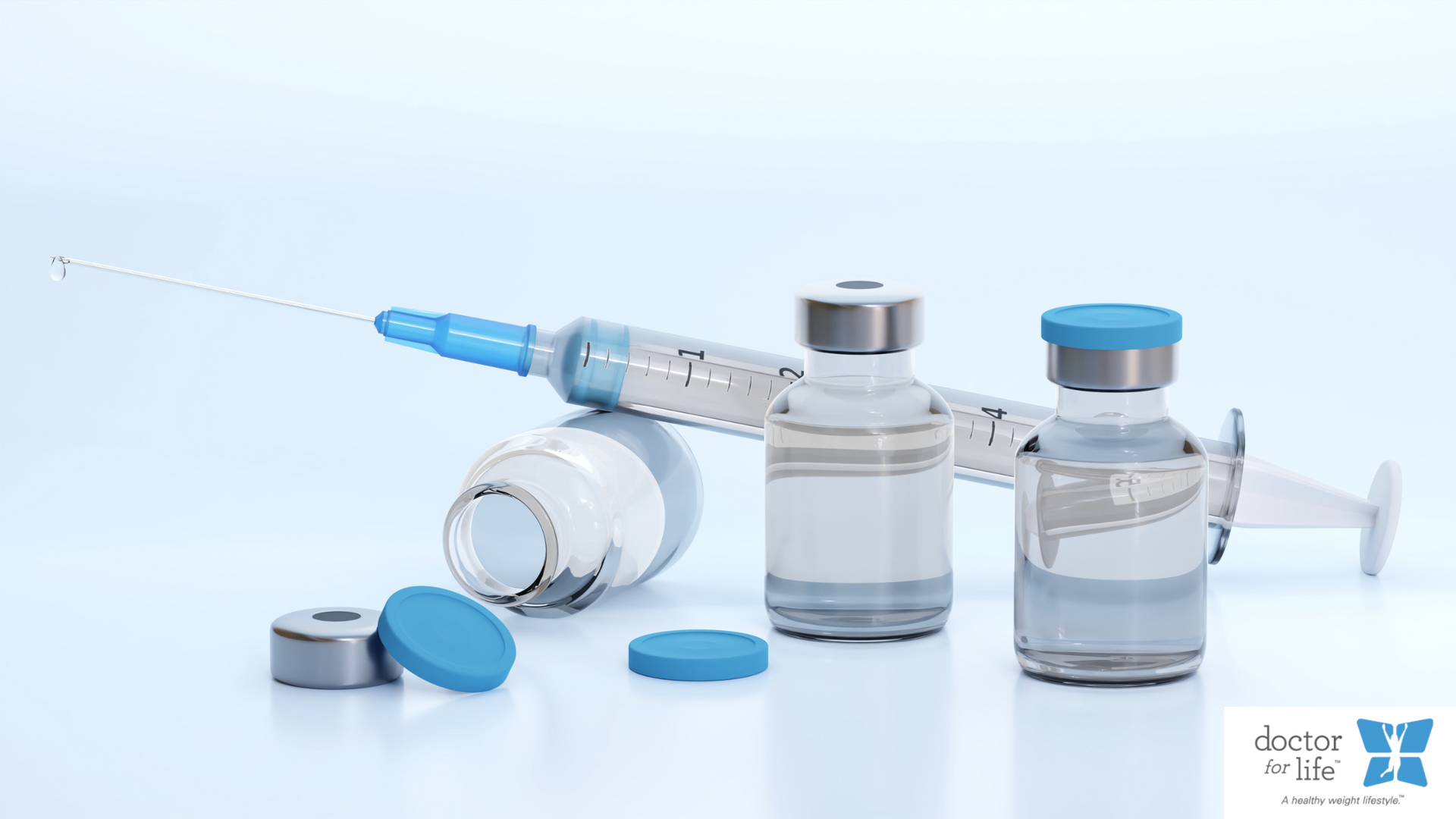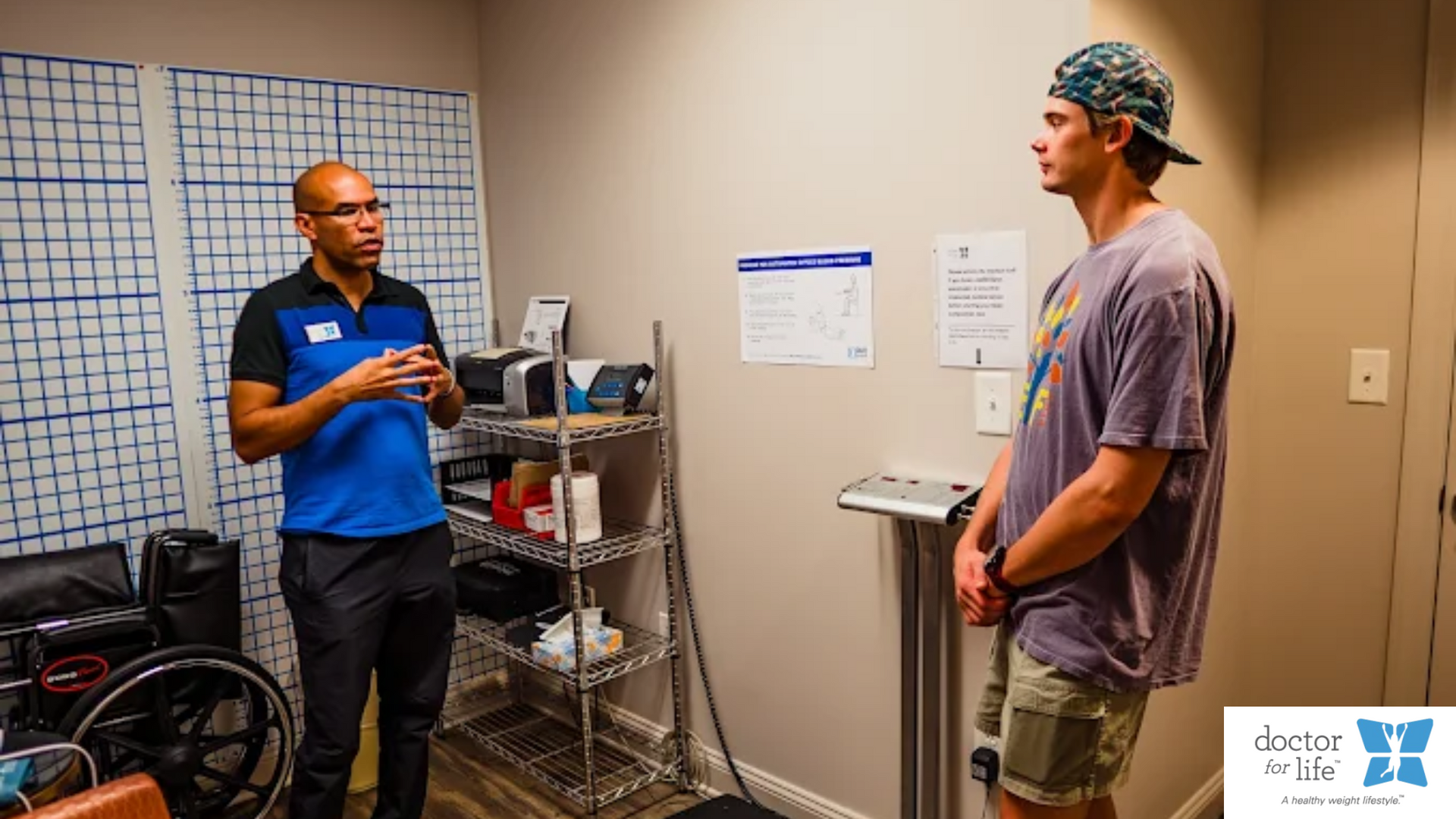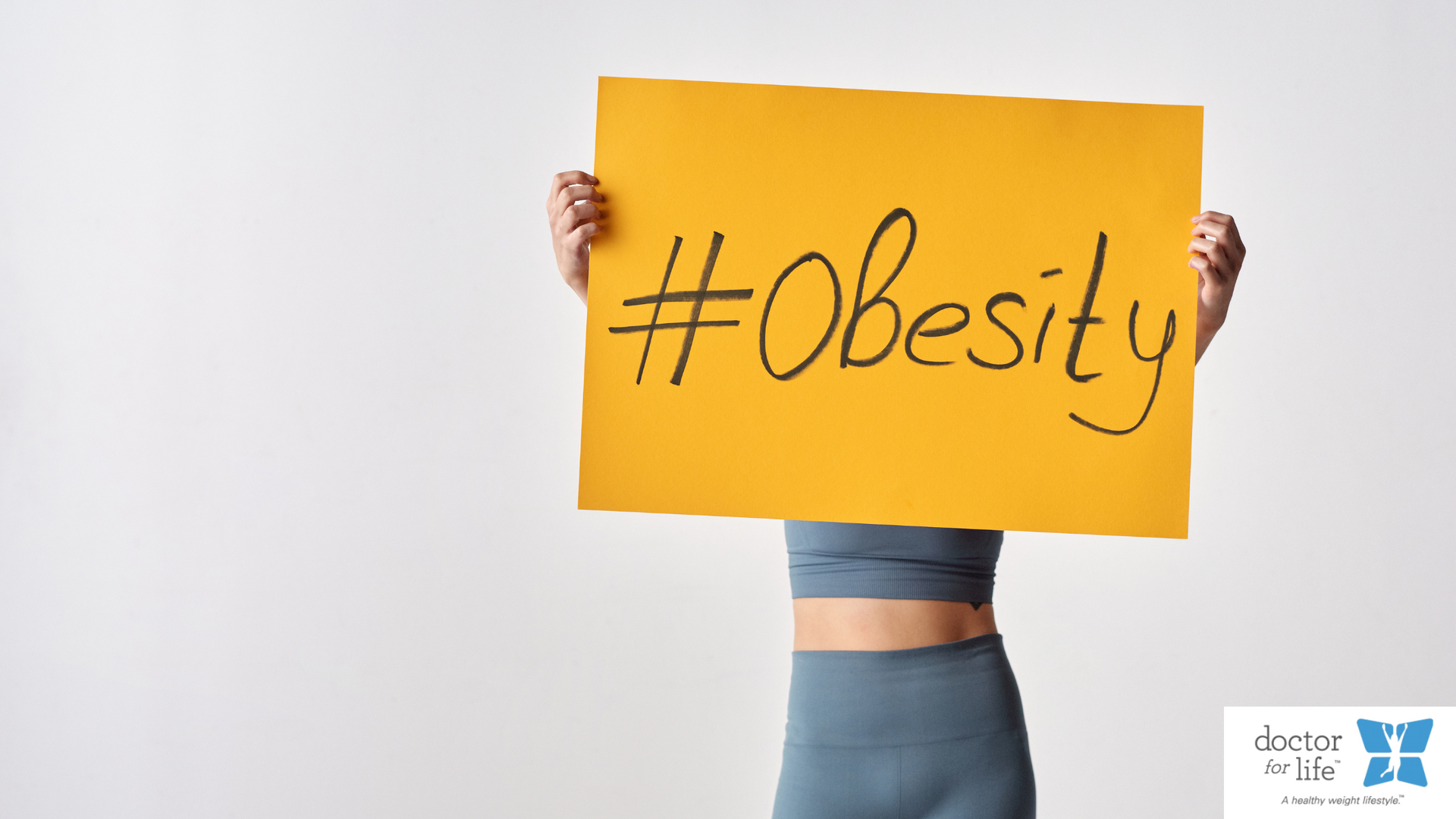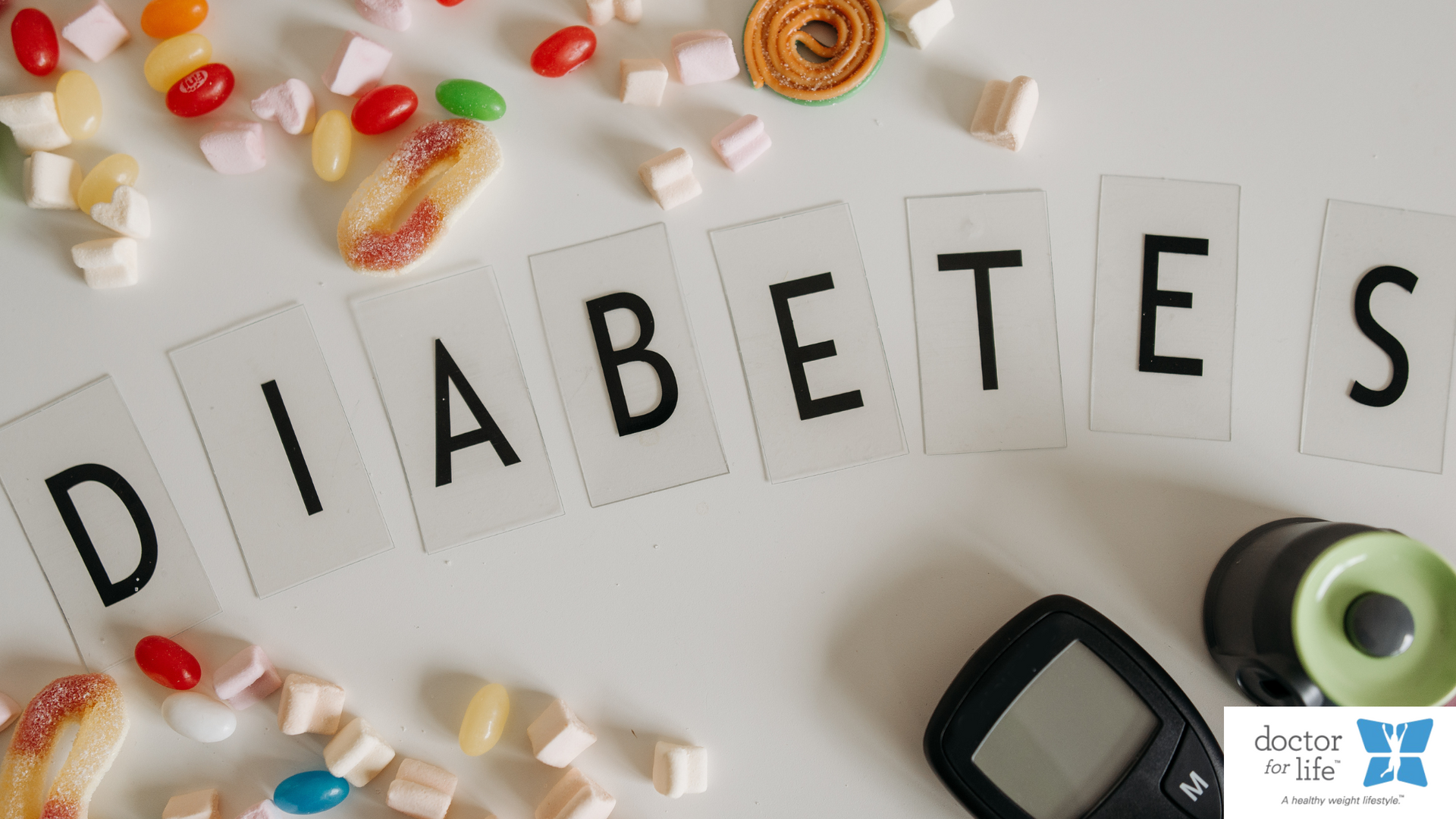All About Vitamin D
Daniel Andras, RDN • September 18, 2020
Are You Vitamin D Deficient?
We can (and SHOULD) consume Vitamin D as a fat-soluble vitamin from…you guessed it… fat-soluble sources, which means: animal proteins + fat sources (meat, dairy, butter, cheese, etc.). It can also be / IS
made from a component that should already be present in your skin: cholesterol. Now, the older adult population is probably familiar with the recommendations to avoid cholesterol, fat, etc., due to erroneous science that once blamed the aforementioned on causing heart disease, atherosclerosis, arteriosclerosis, plaque, buildup, heart attacks, strokes, and so on… but the body considers cholesterol so important, that it will manufacture it, whether you eat it or not. It is endogenously (internally) produced.
This cholesterol molecule is the backbone of several important hormones. In males, it is the foundational molecule for the creation of testosterone. In women, it is responsible for creating the hormones estrogen & progesterone. Cholesterol also is the molecule that travels through the skin, to be enacted upon by UVB rays from the sun, to be turned into another molecule along the route of final Vitamin D activation.
So, unfortunately, people may have followed the nutritional guidelines dutifully, and avoided eating sources of fat, and cholesterol, instead, having opted for more plant-based nutrition (which may have its merits, short-term)… but unfortunately have put themselves at a huge risk for a deficiency of the very nutrients that are needed to play a vital role in human health: cholesterol, and Vitamin D.
What’s worse is the fact that not only had the American population been encouraged to avoid the above foods / nutrients, but carbohydrates “by the boatload” were “shoved” down our throats, with a recommendation of 6 – 11 servings of carbohydrates, EVERY DAY, and mind you, highly-processed, refined carbohydrates, such as bread, pasta, sugary breakfast cereals, bagels (as a breakfast item), etc.… This has wreaked havoc on our digestive + endocrine + cardiovascular + urinary systems (and a few others), in that we are now suffering from an epidemic of diabetes. What organ does diabetes affect? Many, but very importantly, the kidneys become damaged with too much sugar / carbohydrates floating around. This eventually damages the minute / miniscule working parts of the kidneys’ filtering system… but what you may not have known is that the kidneys are the final stop along the route of Vitamin D activation.
So, to sum it up, we’ve been told to avoid sources of fat (which has directly decreased our intake of fat-soluble Vitamin D), we’ve been advised to avoid cholesterol (which is the backbone of MANY important hormones / nutrients our bodies desperately require), and we’ve been encouraged for the last few decades to have a high intake of (processed, refined, enriched, bleached, “value-added”) carbohydrates, which has done us more harm than good, by being one of the leading causes of kidney damage…
…and that is why we are, generally speaking, as a whole, or many people being affected, low in our Vitamin D stores…which can also put us at a higher risk of contracting COVID-19.
Eat some cod liver oil. Great source of essential nutrients Vitamin A & D in proper balance.
In the interest of YOUR best health,
Daniel the Dietitian
Conclusion
"Our pilot study demonstrated that administration of a high dose of Calcifediol or 25-hydroxyvitamin D, a main metabolite of vitamin D endocrine system, significantly reduced the need for ICU treatment of patients requiring hospitalization due to proven COVID-19.
Calcifediol seems to be able to reduce severity of the disease, but larger trials with groups properly matched will be required to show a definitive answer."



